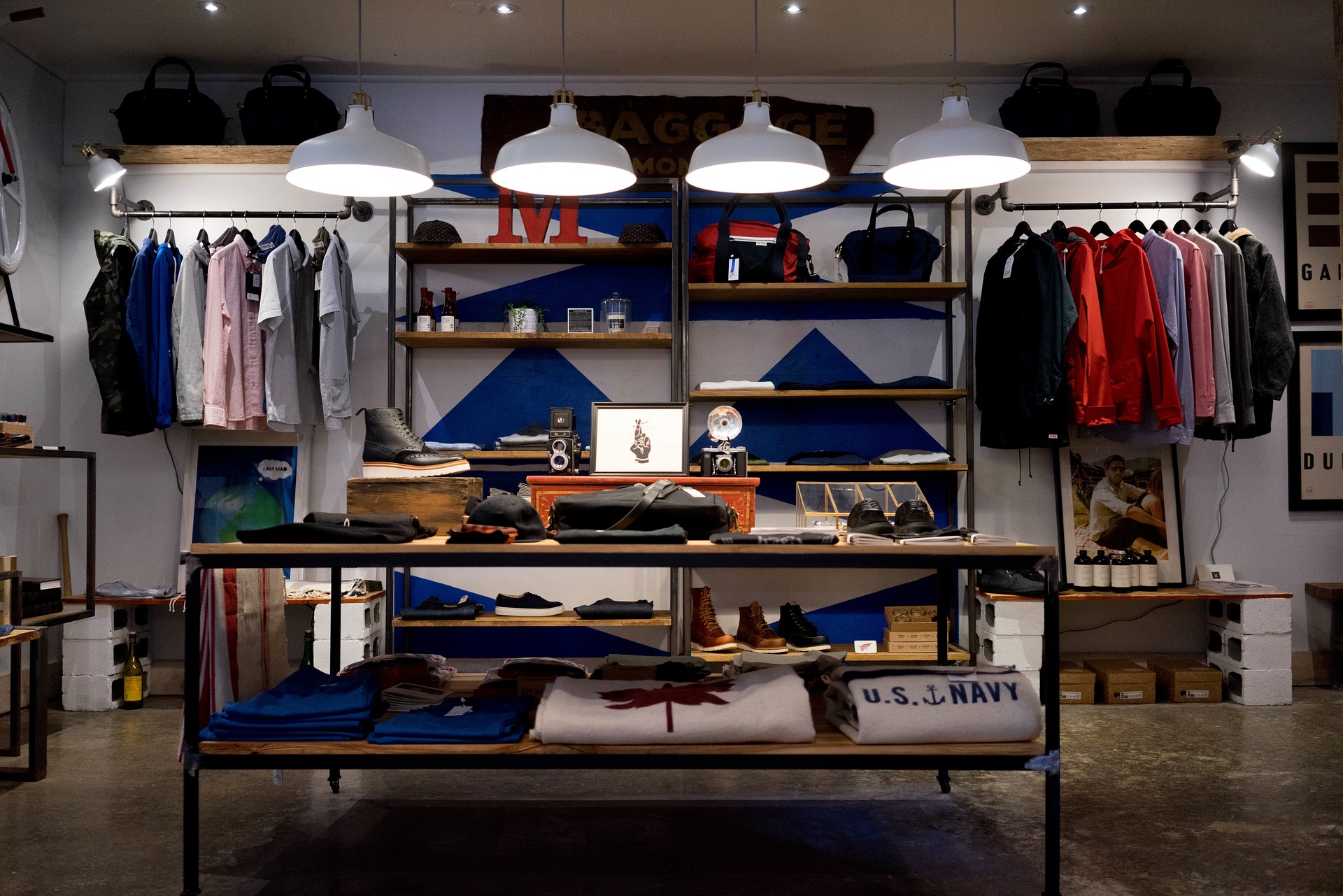It depends. But overall, retail is quite stressful.
Retail is “management intensive.” You oversee many logistics, from inventory, to employees, and sales contacts.
It’s also highly competitive, and with low profit margins.
It looks easy. But in reality, it comes with a set of challenges.
Below, we’ll describe those. This should give perspective on whether you can succeed in it or not!
First – No Universal Model.
There’s no “universal” retail system.
It depends on what you sell, where you sell, and to whom.
The factors are endless. You can either run a “traditional retail” or something that’s more “high tech”.
Such As?
Let’s look at internet stores.
How about Amazon? It’s a retailer, but it doesn’t have a specific “shopping location.”
It’s a digital menu with tons of warehouses. Yet, it’s the world’s largest online store.
Or how about drop-shipping (using Shopify)?
That’s another retail model. But here, your store acts as a lone mediator between suppliers, and willing buyers.
You market, provide guarantees, and then network to deliver straight from supplier to buyer.
Or How About the Offline Model?
That is – running the brick and mortar version.
You’ve got to show up everyday. And you don’t do so alone. You need employees (which means paychecks, benefits, etc.).
Those employees manage inventory, help customers, work the cashiers, etc.
All Are Successful Models…
But that’s not the point.
The point is, where do you start? Do you know which model fits?
Is it the brick and mortar version? Or do you prefer more of an “online hustler’s” model…
The answer to this question depends on even more factors, being…
Second – Product Choice.
What are you selling?
Is it everyday home items (like a supermarket)? Or are you more specialized (like toy stores, fashion, tech, etc.)?
Your product choice matters. Because it defines how you do research.
What Research?
Well, a retailer does marketing. Just because you opened a store, doesn’t mean customers will jump in…
You need to reach out.
So often, you’re looking at metrics. You’re targeting your market, and you seek retail analytics related to your niche.
Third – Inventory Management.
Keeping track of supplies is hard. Even on a local level.
And this point ties to the previous. Some retailers need extra care with having too much or too little supply.
Example.
How about grocery items?
If you get the wrong supplies, you’re stuck with them. Even worse, since it is food, everything has an expiration date.
And it gets even worse if you style yourself as a “wholefoods retailer.” If that’s the case, items won’t last you a week.
Another Example.
How about tech and gadget shops?
Those have an expiration date. It’s just tied to the market’s demand…
Basically, buy too much of the wrong laptops/phones/TVs, and you risk low demand. Especially when the newer models come out.
This forces you to dump old products to free up capital – often at a loss.
Tight Inventory Management.
You’re not just keeping track of prices. You keep track of what comes in, and what goes out.
A good retailer also keeps track of how much. And they understand “seasonal demand,” new releases, and special purchase holidays.
Black Friday and Cyber Monday are ones that come to mind.
In a Nutshell.
Retail is a detail intensive industry.
Success is not easy. It’s quite stressful, where you operate with a small margin, and you often need strict control.
But, it is a stable (and predictable) business model. You don’t need the creative smarts run one.
So once you get it right, you can function well, and without much stress!


